Kathmandu, Nepal – Autism, a complex Neuro developmental condition, affects communication, behaviour and social interaction. While awareness of autism is growing globally, much remains to be done in developing countries like Nepal. One individual who has taken remarkable strides in this field is Sabita Upreti, a prominent social activist and founder of the Special School for Disabled and Rehabilitation Center (SSDRC).
For over 15 years, SSDRC has been working to empower children with autism and other disabilities through therapy, education, and rehabilitation services. Operating from its main center in Narephat, Kathmandu with branches in Gothatar and Tathali, Bhaktapur, SSDRC currently serves more than 60 children and employs 35 trained staff.
In an exclusive interview, Sabita Upreti shares her experiences, challenges and hopes for children with autism in Nepal.
Q1. What is the current community approach to children with autism in Nepal?
Ten to twelve years ago, the term “autism” was almost unheard of in Nepal. Today, awareness is growing, especially in urban areas. However, in rural regions, understanding is still very limited. Traditional beliefs and social stigma prevent families from accepting or even recognizing autism. In many cases, families experience internal conflict due to a child’s condition. Changing these mindsets takes time and effort.
Q2. What would you say to families of children with autism to give them hope and comfort?
Early identification is crucial. Many parents ask, “If someone had told me earlier, would it have made a difference?” Yes, it would. If you notice unusual behavior in your child, consult a pediatrician immediately. Once diagnosed, accept the condition and seek therapies and training. Parents play a key role in teaching daily life skills, which will make their child’s future easier and more independent.
Q3. How do you address the diverse needs of children with varying levels of autism?
Every child with autism is unique, with different behaviors and challenges. We create an Individualized Educational Plan (IEP) based on their condition, doctor’s diagnosis, and therapist’s assessment. This plan guides the child’s therapy, skill development, and educational goals. Teachers, therapists, and parents work together through regular meetings to review and adjust these plans as needed.
Q4. How do you train staff to work effectively with children on the spectrum?
It’s difficult to find fully trained professionals at the beginning. We offer three months of initial training followed by one year of on-the-job training. We also bring in international experts when possible. Patience and dedication are essential. Some universities in Nepal have recently started offering courses in special and inclusive education, which is helping build a trained workforce.
Q5. What role does positive behavior management play in your program?
Positive reinforcement is central to managing autism. Our goal is to encourage and reward good behavior. We study the causes of negative behaviors and replace them with positive alternatives using activities the child enjoys. Continuous coordination between teachers, therapists, and parents is vital in this process.
Q6. How do you balance academic learning with life skills training?
For many children with autism, life skills are more important than academics. We prioritize making them independent in their daily routines. For those unable to progress academically, we focus on vocational skills like crafting, gardening, kitchen work, and making Dhaka products. However, we do support academic goals for those who show interest, two of our students have even completed the SEE (Secondary Education Examination).
Q7. How do you build a strong relationship with parents?
Open and regular communication is key. We use daily diaries to update parents on their child’s progress. Parents also share what’s happening at home. This mutual understanding helps us apply consistent behavioural strategies. We also guide them on how to handle sensory issues and emotional meltdowns.
Q8. What are the major challenges SSDRC still faces?
Limited resources are our biggest challenge. Many families from remote areas contact us, but we lack the capacity to reach everyone. We also need to invest in more research and advocacy but funding constraints hold us back.
Q9. How much support have you received from the government?
Autism was not officially recognized as a disability in Nepal until the Disability Rights Act of 2015 (2074 BS). Since then, children with autism have become eligible for disability ID cards and some social security benefits. However, the support is inconsistent, minimal and not proportionate to the need. Implementation of policies remains a major issue.
Q10. What should the government of Nepal do to improve support for children with autism?
There needs to be better coordination between ministries—Health, Education, Finance and Women & Children. A consolidated national strategy is essential. The government should launch public awareness campaigns, especially in rural areas and ensure inclusive education and therapy services are available locally. Most importantly, more trained professionals must be developed, and funding for therapy and special schools must be prioritized.
A Call for Collaboration
Sabita Upreti and her team continue to be the voice of countless children and families affected by autism in Nepal. Their journey is one of dedication, resilience, and hope. SSDRC invites individuals, organizations, and the government to join hands in creating a more inclusive and compassionate society.
If you are interested in supporting SSDRC or want to collaborate, you can reach out to them for more information and opportunities. Together, change is possible::::
Please connect with us:




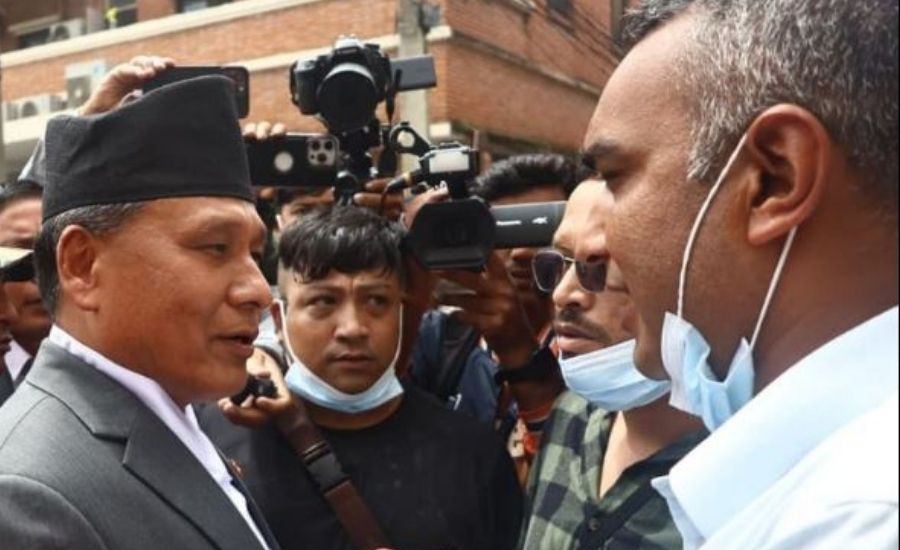




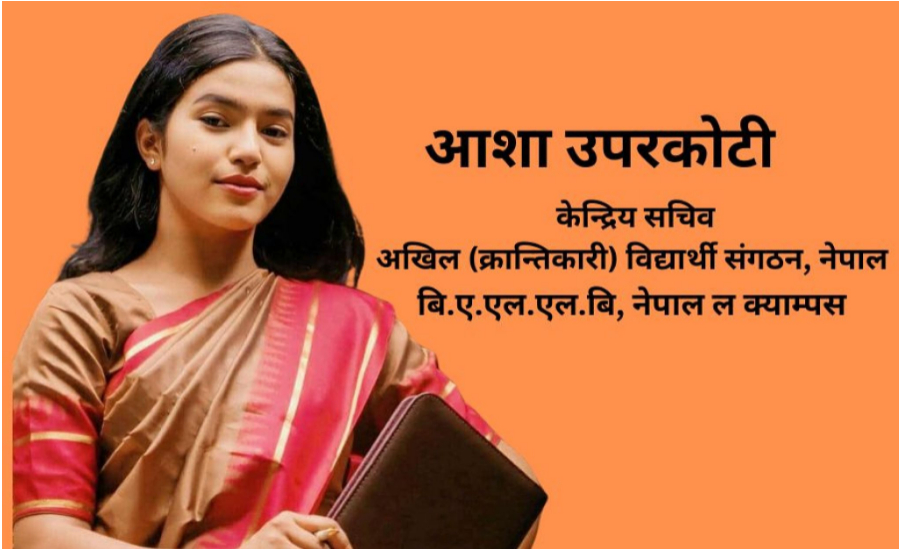

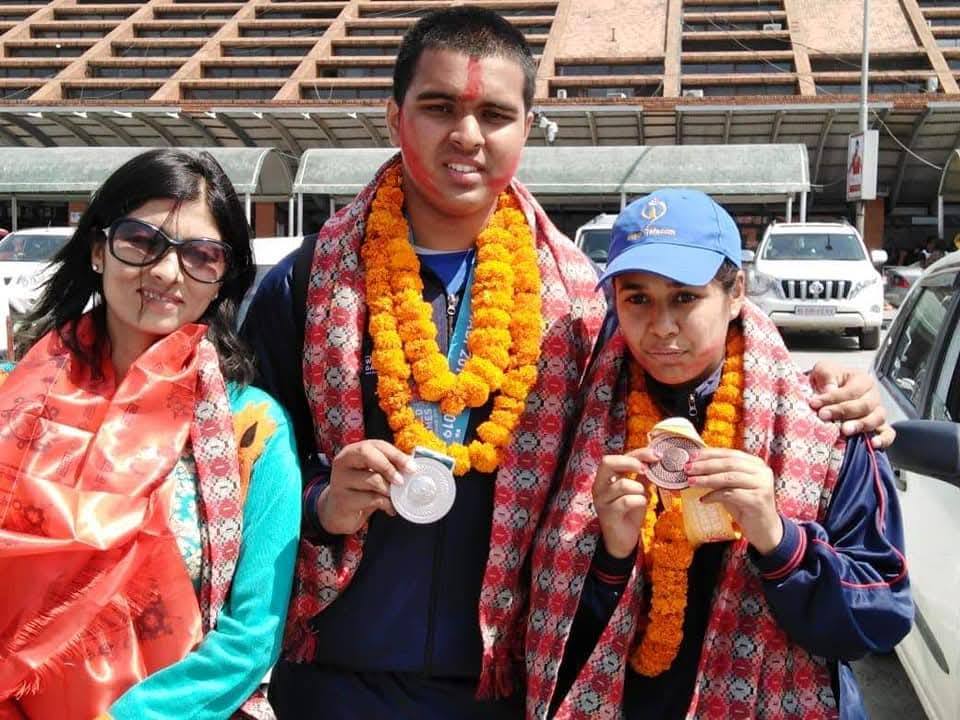

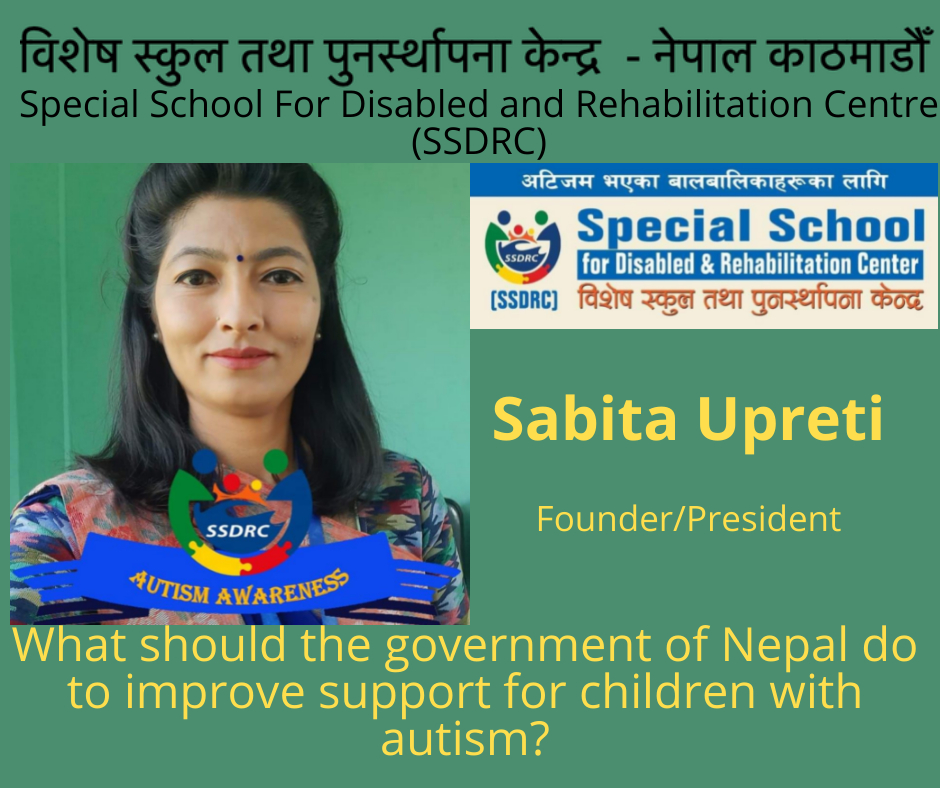


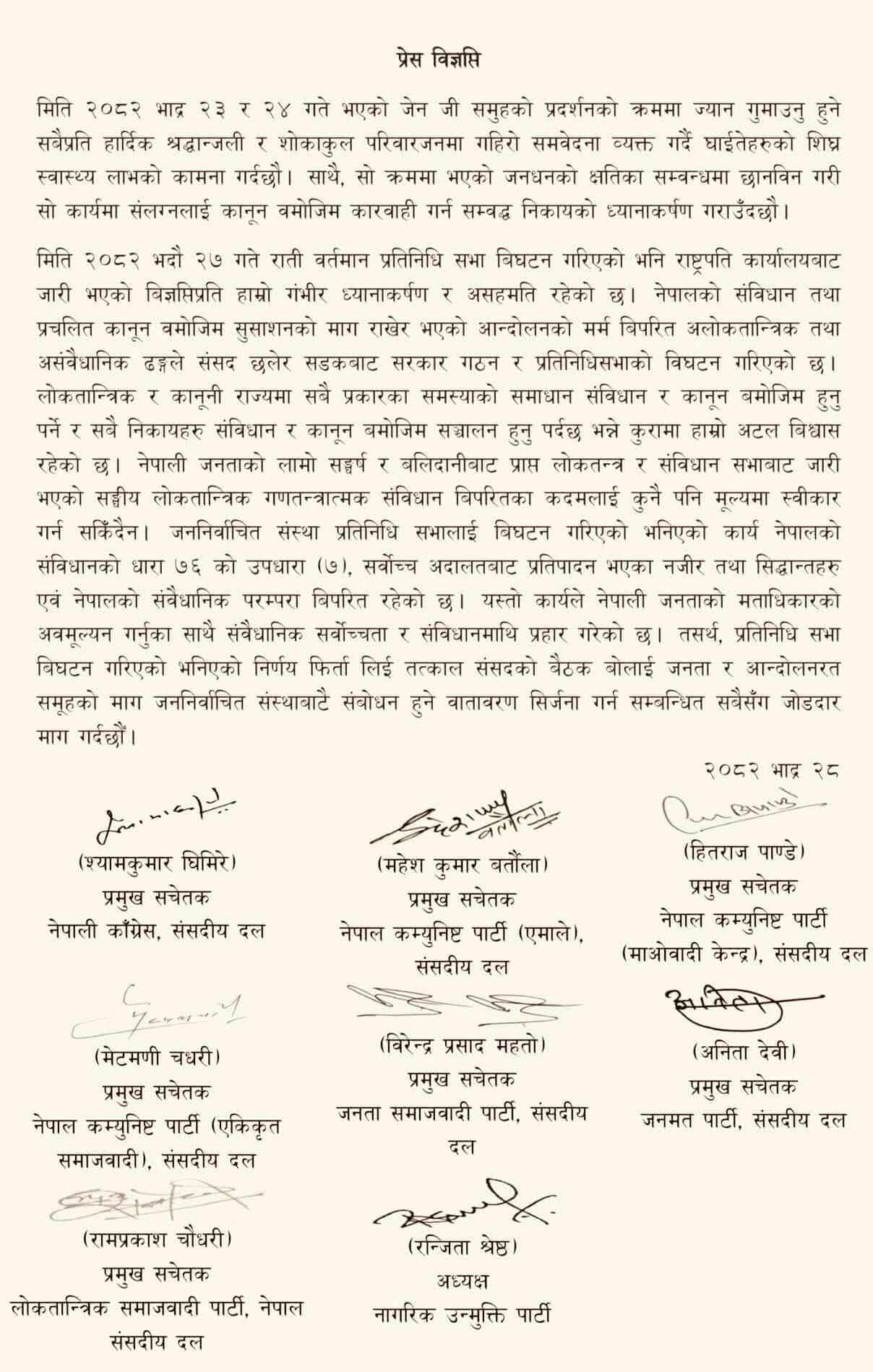




Comments